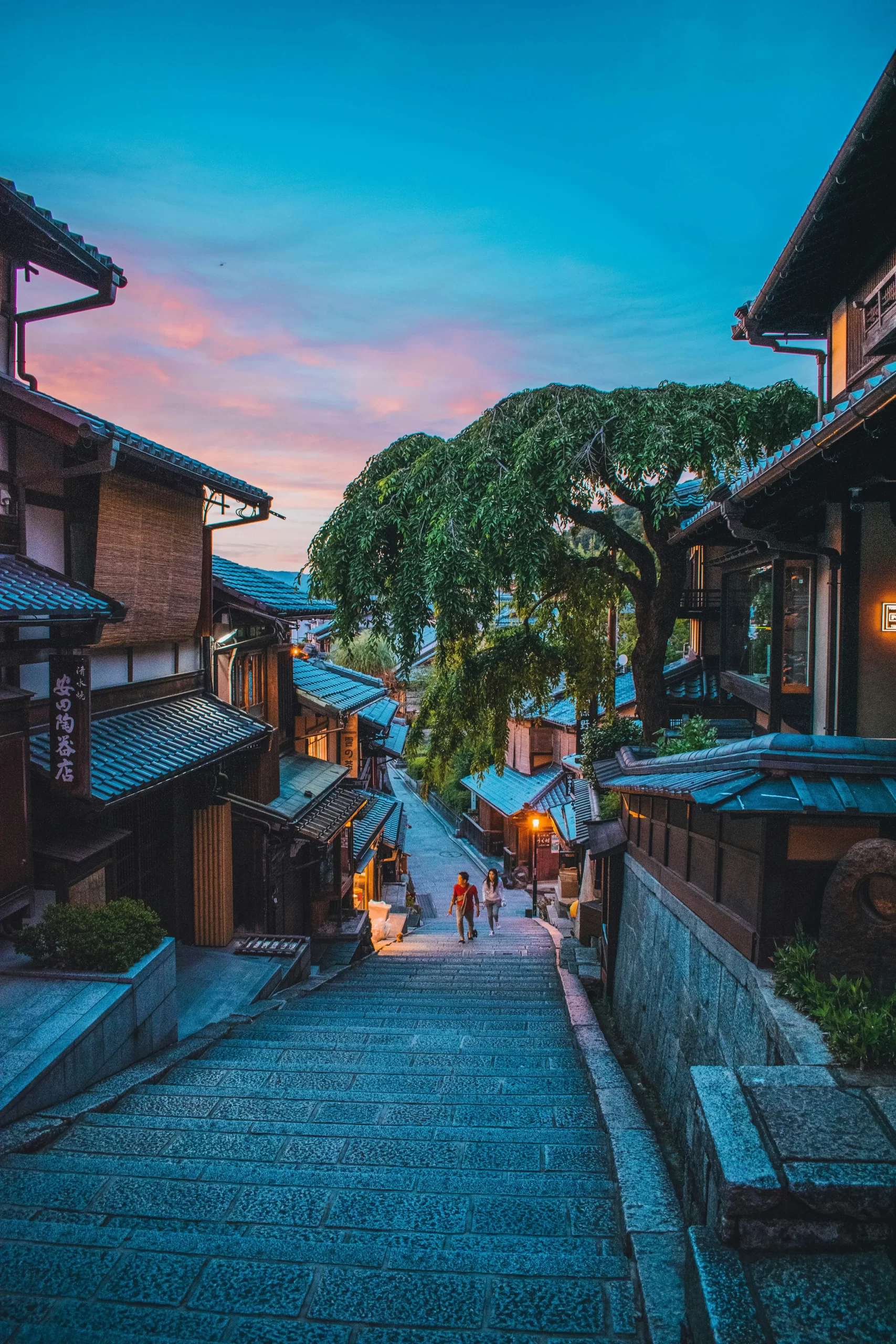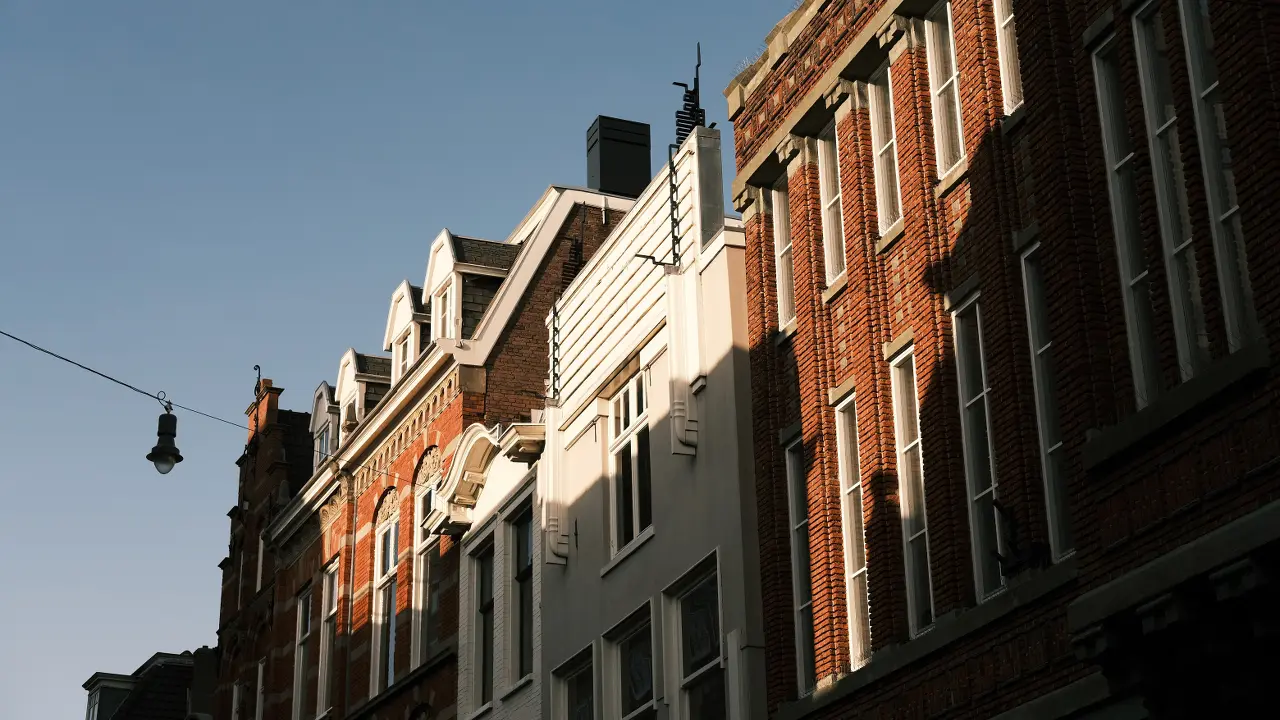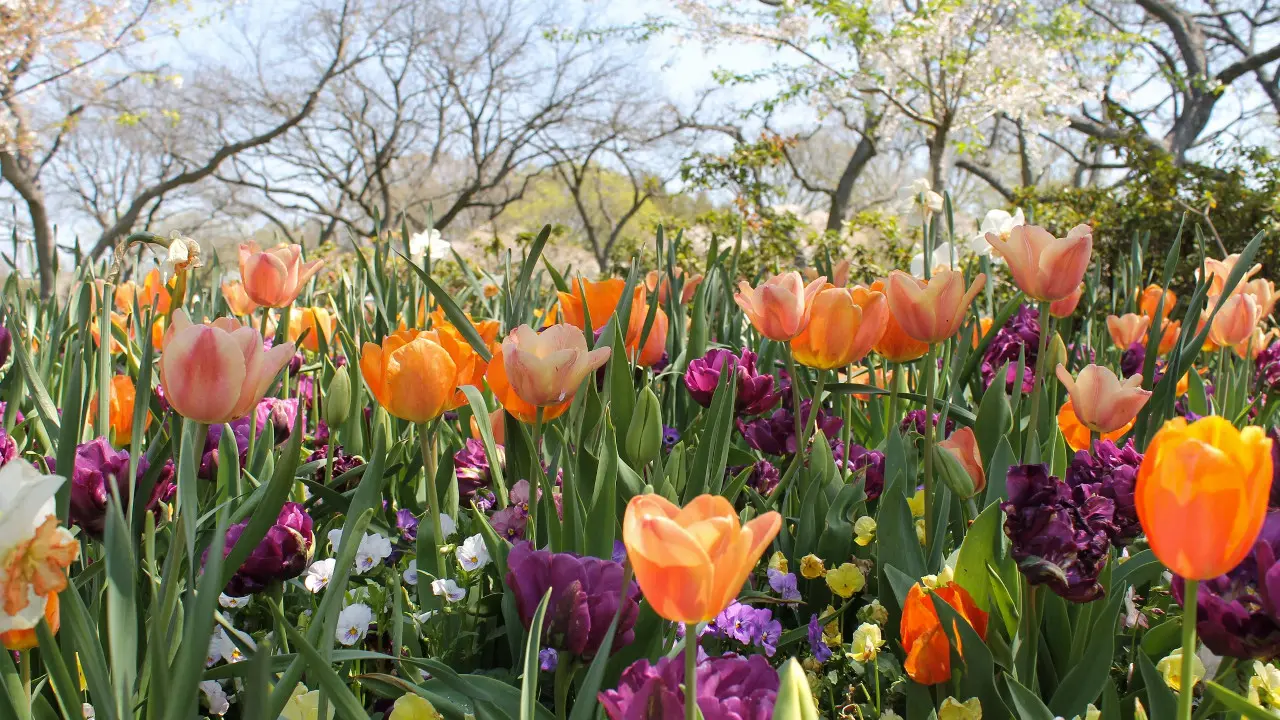ABOUT
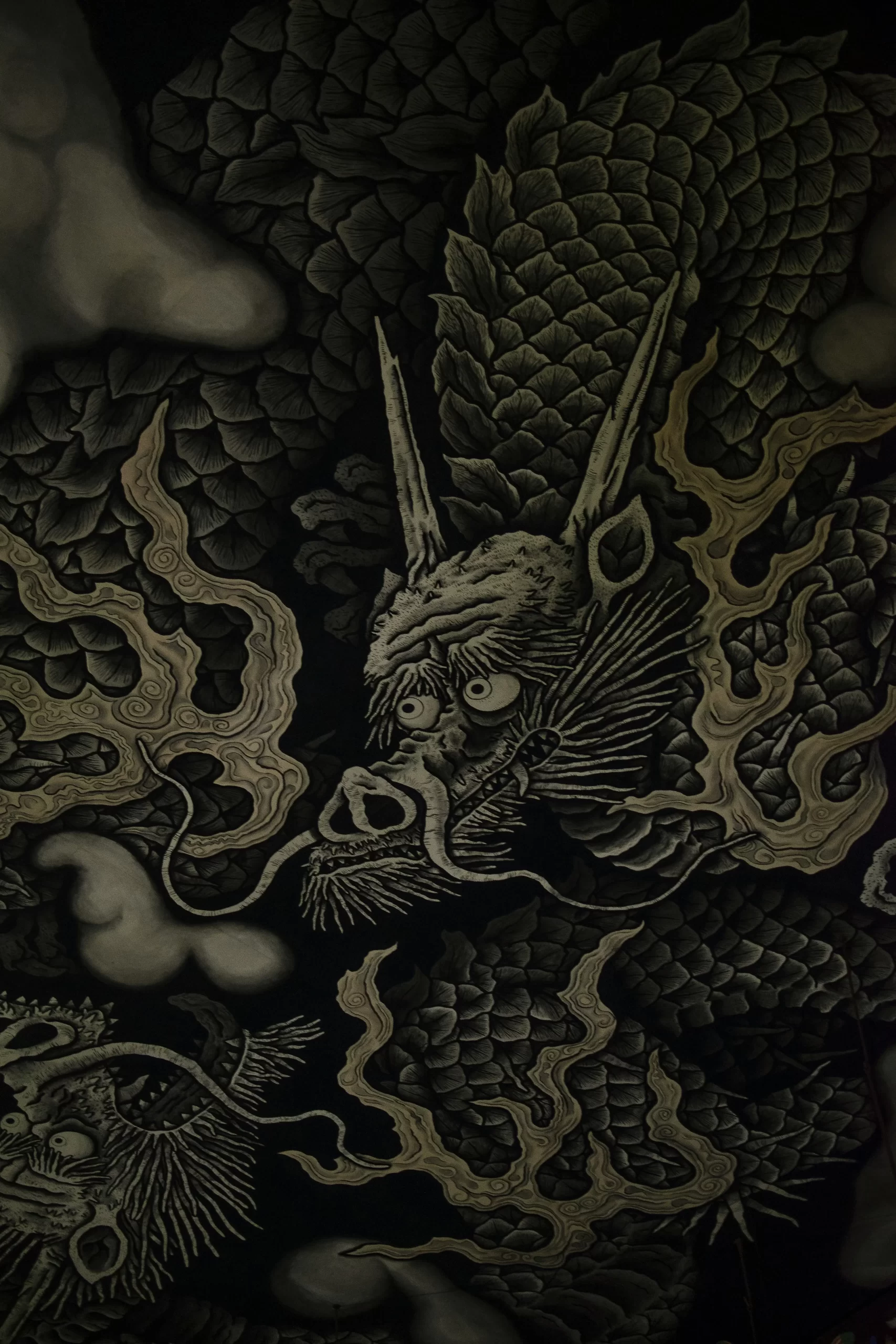
Tanja Schneider also goes as Sayu, Sayuri, or Tan-chan for her friends in Japan and also back in Germany. This Nickname was given to her by her friends in Germany because they thought the meaning of the name suited her. And it’s stuck with her since then. It is written 佐祐理 and describes a person who helps others and keeps morals quite high.
Tell us about yourself
I was born in Weimar, Thuringia, Germany. I speak German, English, and Japanese; I know a little bit of French and Russian since I had it in school, but most of it is gone since I don’t use it. I live and work in Kyoto, but I studied Japanese and Media communication for three years during my bachelors and finished my master’s program in project management last year.
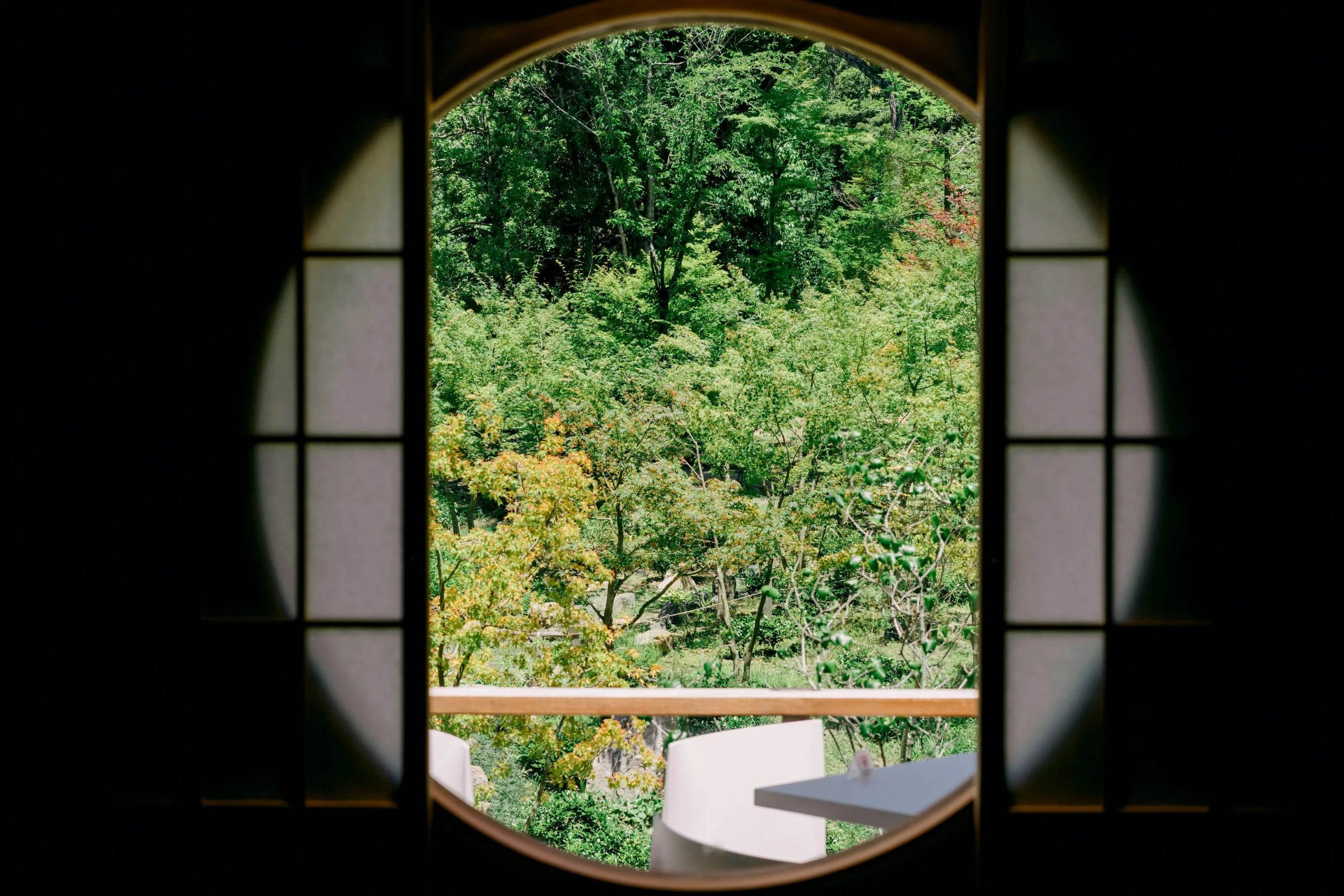
Moving to kyoto
When and why did you move to Kyoto?
I moved to Kyoto in January 2024. Before that, I lived in Tokyo for one year and then in Yugawara for one year. In Tokyo, I lived with a host family while I went to language school for nine months. In Yugawara, I lived in a workers’ complex while I worked at a traditional Japanese hotel, aka Ryokan.
How did you get set up?
Since I started with a student visa, I set up my phone number with mobal.com. This company offers a plan where they send you your SIM card with a Japanese phone number where you live, and you can activate it once you move to Japan. The bank account I created was at Yucho-bank in Japan, near where my host family lived. This bank has an online program that is really easy to understand with little Japanese knowledge. I had the advantage that I learned Japanese for 10 Years so I was kinda fluent during that time.
Was it difficult for you to get medical insurance?
In Japan, you automatically enroll in national health insurance once you register your address. As a student, you get a discount, and right now, my health insurance goes over the company that employs me.
What did you bring with you?
Since I planned to stay in Japan for at least one year, I brought things for one year with me. So two big suitcases and one backpack. Looking back, that was totally unnecessary. Most of the things I needed I bought here, and now my wardrobe changed from European clothing to Japanese. I have a lot of Kimonos and Obi since I wear them to work and also in my free time.
How did you find an apartment in Kyoto?
Finding an apartment in Kyoto was not that difficult since I could speak and read Japanese. I used a Japanese website, and with these websites, an agent comes automatically. I visited Kyoto once to see the flat, and we had email contact for about two weeks. I signed the contract on the day of the visit. The apartment I have now was my first choice. Since I also have a motorbike with me here, I needed a place that provided a parking lot, so the range of choice was quite small. This apartment is fully equipped so I don’t need to buy any big things like a washing machine or a fridge or so. This is really rare here in Japan, so I consider myself really lucky. I paid 55630 Yen with water included, which is approximately 300 Euro. Gas and electricity are extra, as is the Internet. So in total, depending on the month, I paid around 400 Euro, everything included.
The only hassle was that I didn’t have a Japanese person to pledge for me. Therefore, I had to pay two months’ rent in advance, as a security deposit.
What should people consider before deciding to move to Kyoto?
Before moving to Japan in general, not only Kyoto, be sure you really love this country without the pink glasses and romantization. Especially working in Japan can be quite hard. Prepare yourself for cultural differences if you come from a country like the US or even Europe. Japan is quiet, and most of the things happen behind closed doors. And learn the language!! This helps a lot in any situation.
Living in Kyoto
What surprised you about life there?
I have to say, nothing. Since I have been to Japan for a long time, I felt like coming home. I always felt quite out of place in Germany, and I had to change myself to fit in back then. Here in Japan, I can just be. I love how close the community feels here and how nice the people are. I enjoy the clean streets and contribute my part to it.
What specifically is Kyoto famous for?
Kyoto is famous for conserving Japanese traditions in many ways. The people here consider themselves the guardians of Japanese history and culture, and you can feel and see that.
What many people don’t know is that the atomic bomb that was thrown on Hiroshima in the end was supposed to be dropped on Kyoto. But a man from Kyoto, who was in charge of the cultural translation department of the US Army, was able to change the minds of the generals in charge and saved Kyoto and its well-known townscape. Thanks to him, we can feel the „old“ Japan still today when you walk the streets of the old emperor’s town.
What apps do you find useful in your daily life in Kyoto?
I tend to explore Kyoto on foot and look at what I can find on my free days. If I use apps, I use Google Maps to explore new places.
What are your favorite places in Kyoto?
I have many favorite places in Kyoto. Since I feel protected and safe when I visit Shinto shrines or Buddhist temples, this is where I go if I have the choice. I don’t really like the city center but the outskirts like the philosophers path, Shorenin or the north of Kyoto in general.
How much money do you need to live comfortably in Kyoto?
That is a really good question. It depends on your lifestyle. I am not a party person so I save a lot of money on the one hand. On the other hand, I love buying cute things, Kimono and traditional crafts that are expensive. I also take tea ceremonies and Kyudo, Japanese archery, etc. That is where most of my money goes. But I think with my salary of around 250.000 Yen, so approximately 1500 Euro, I come around. I have lived in Kyoto for 6 months now, and I am still figuring out how much I can spend if I wanna save some money.
Do you feel safe as a woman living in Kyoto?
Yes. Very safe!! I can walk around alone at night and don’t need to worry about anything. Kyoto and Japan, in general, are really safe! I can’t speak for some parts of Tokyo, but Kyoto, in general, is super safe!
What books or movies should people look at to learn more about Kyoto?
For books, I can recommend Wabi Sabi since Beth Kempton lived in Kyoto for a long time, and her book includes many references to the town. For movies, I can recommend the „Diaries of a Geisha“ as well as an anime called „My Eccentric Family“ that plays in Kyoto! It’s really fun to watch!
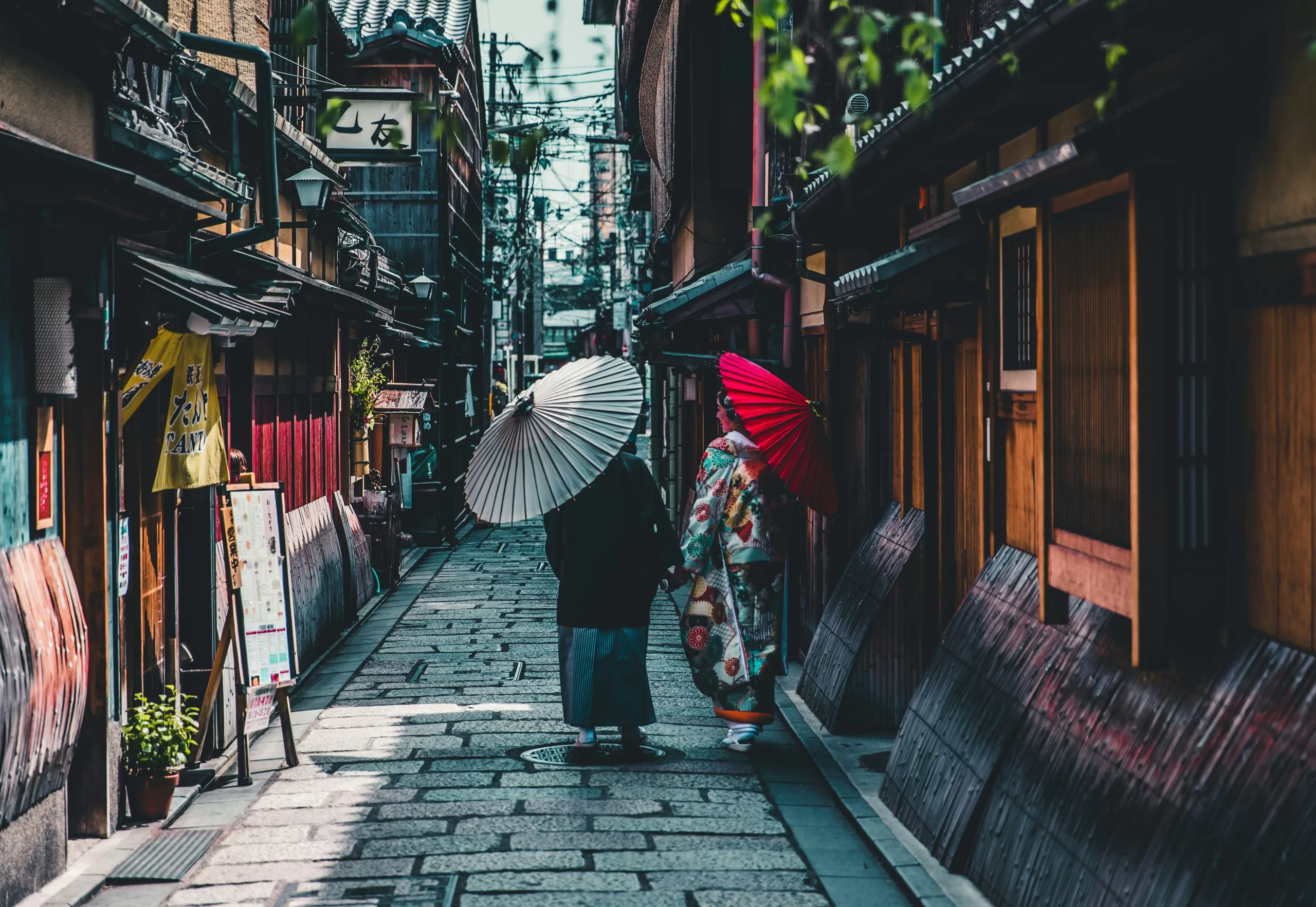
Final Thoughts
What do you think about young Japanese people?
Young Japanese people have a lot more sense of freedom than the older generations. They don’t care what others think anymore and try to make the best out of their lives. There is a trend back to the countryside and to rural life here in Japan, and I am really happy to see that. Also, many young people return to kimonos and traditional clothing and customs in general, which makes me really happy.
How do Germans compare to Japanese people in your opinion?
I have to say, we have a lot in common. We are punctual, work hard, and take our shoes off in the house. Both countries are famous for their cars and food. The main difference is that Japanese people are a lot more careful about what they say and when and to who. In Germany people just say what’s on their mind and they show a lot more affection in public than people here in Japan. I have to say, I like the Japanese way a lot more.
What did you learn about yourself through this adventure?
A lot, especially the fact that everything has its time. You can’t push events or encounters in life. Everything has its own timing and comes to you when you are ready for it. If you are open-minded and go through life with a loving heart, good things will come to you. I wanted to do
Japanese archery since I arrived three years ago. I tried many times to get started, but every time, something came in between. Here in Kyoto, I tried again, and I was quite persistent. I talked to many people and visited a few places with Kyudo clubs. I was lucky enough that a teacher said: If you want to learn Kyudo from the heart, I will take you. I said yes and endured many boring exercises, repeated movements, and painful hands. But last week, he allowed me to practice for the first time with a bow and arrow! That makes me really happy and pushes my will to go further. Trust your gut and be kind and respectful, and you can get anywhere!
What are some disadvantages to living in Kyoto?
The tourists. Or better, the amount of tourists. Kyoto has a big problem with over-tourism and we, as the people who live here, are the ones that have to deal with dirty streets, trash problems, and disrespectful people. I work in a shop that mainly serves tourists, but I have to say, too much is too much. I hope we can find a good way to deal with that problem in the future.
Are there any experiences there that you are particularly proud of or that surprised you?
I am always amazed by the warmth that you can experience in Japan when you interact with people. They are polite and if you are lucky and show a bit of interest like me, they might share a few rare insights with you. My tea ceremony teacher here in Kyoto is a wise Buddhist monk and he has a lot to share. But not only the people close to you. Sometimes even random encounters with people on the street that stop and ask where you are from, sometimes have interesting stories to share if you are willing to listen. I think here in Japan I really learned to LISTEN to people and their stories.
Was it easy making friends and meeting people?
Since I went to language school at the start I met a lot of international people. I worked part-time at the tourist information center in Nihonbashi in Tokyo during that time, and I have friends I met there as colleagues who still stick with me. Also, a few Japanese people I worked with at the Ryokan are still close friends. If you are willing to open your heart and put effort into friendships, Japanese people can be really rewarding if they feel that they and their fragile ego and
personality are safe with you. You could say my friends are 50/50 expats and Japanese.
What are your plans for the future?
My plan for the future, and why I came here in the first place, is to build a Japanese bathhouse and hotel in Germany. Not Japanese-inspired but authenticly Japanese. My studies at the Ryokan, my lessons at the Kimono school, the tea ceremony, Kyudo, and my love for Japanese Sento (public bath houses) brought me to the point where I lived for that dream. I want to share more of this beautiful culture with the world and build myself a small Japanese bubble until I can live here permanently. Due to my husband’s work, he is a German soldier, I am not able to continue living in Japan. But I will return as soon as his service is over. And until then, I will build my small Japan in Germany. Right now I am preparing for the Sento sommelier Exam and sharing all the knowledge I have accumulated on the following Instagram account.
This account will later turn into the account for the Bathhouse in Germany. So you can follow the whole process.
